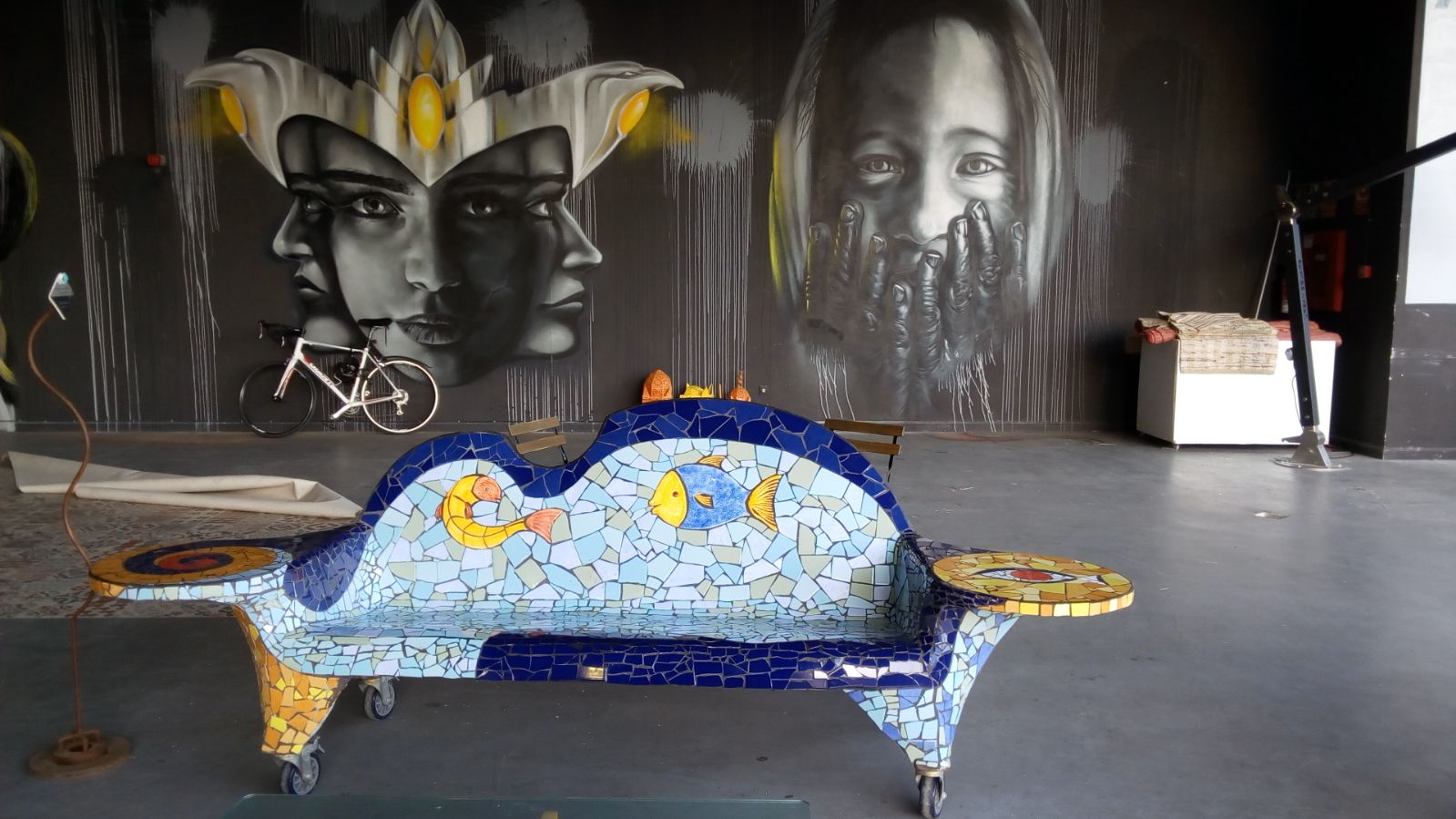The LinkyBrains movement is purely accidental. It has gained and is gaining momentum primarily through small groups of people meeting to have coffee, some lunch or just a walk. What brings them together is the idea of different mindsets, curiosity, meeting kindred spirits – whatever.

These ‘coffees’ are shabby-chic. There is often no structure, no theme (beyond being Linky). They are just people with pretty broad common ground, holding space to give their linkyness a chance to conenct. They are nicely messy and vague.
They are also super easy to setup. This is deliberate – the easier and lower risk something is, the likelier it is that the hesitant will try it.
But there is risk. People might simply not come. What happens then?
Here are three lessons I learnt from that experience.
Risk very little
Reduce what you could lose. The only real things at stake here were time and money.
It took me all of 10 minutes to find a location that was central, create the event on Doodle and share it on my channels. That’s almost no time at all.
I didn’t book a table at a posh restaurant. I hadn’t hauled post-its, markers and other collaboration tools. I certainly had not paid for anything. So, absolutely no money lost.
Of course, one could argue there was an opportunity cost – what are those things I could have done instead? Great question. I’ll get to that further down this page.
The only thing that stung in all this was my ego and any lesson that helps control that beast is worth almost any cost.
Be OK with no one coming
This was in Malaga, it’s not London or Berlin or Barcelona. LinkyBrains is new, the buzz has not been that well shared in Spain and certainly not in Malaga. Yet, two people had said they would come. My expectations were low, but not zero.
But no one showed up. When I prodded one of the people I was expecting, he apologised and said he was currently in the US!
I was disappointed. Even after 15 years of being involved in conferences, meetings, open space technology, lean coffees, world cafe and most kind of other formats for people getting together to collaborate. I was still disappointed no one showed up.
Then I remembered one of 4 principles I live by. They come from the Open Space Technology framework for running large group conversations

Whoever comes are the right people
The openspace principles are designed to create psychological safety and the single law is a reminder of personal responsibility.
With mojito in hand and view of Malaga port, I quickly accepted that I was the ‘right people’ – this was precious time for me to ponder and converse with myself about neuro-diversity (the core of LinkyBrains) and to reflect on my collaborations in the space.
The two and half hours I spent were some of the most productive of the week. Headphones on:
- I agreed a deal for some work and got halfway through the Statement of Work draft for it,
- had 3 chat conversations in parallel with some really cool people,
- drafted three blog posts (including this one),
- launched some features on the LinkyBrains.com site,
- and wrote some code on my side project.
It was OK that no one came. I was there and that was all that ultimately all I could be responsible for.
Do it Better Next Time
When you are learning to ride a bike and you fall off , your instructor encourages you to get back on as quickly as you can – so that your bruised ego and sense of failure do not succeed in convincing you never to try again.
So I got back on. I booked the next event that same night and I’ll do it differently.
I’ll share more regularly leading up to it – via email and socially, in English and Spanish. I’ll prod colleagues and friends to prod their Malaga based friends to check it out.]
I’ll give luck a helping hand.
So – go ahead, if you are curious about LinkyBrains or simply want to get together with other LinkyBrained people, create an event – it will be fine, whatever happens.


Leave a Reply